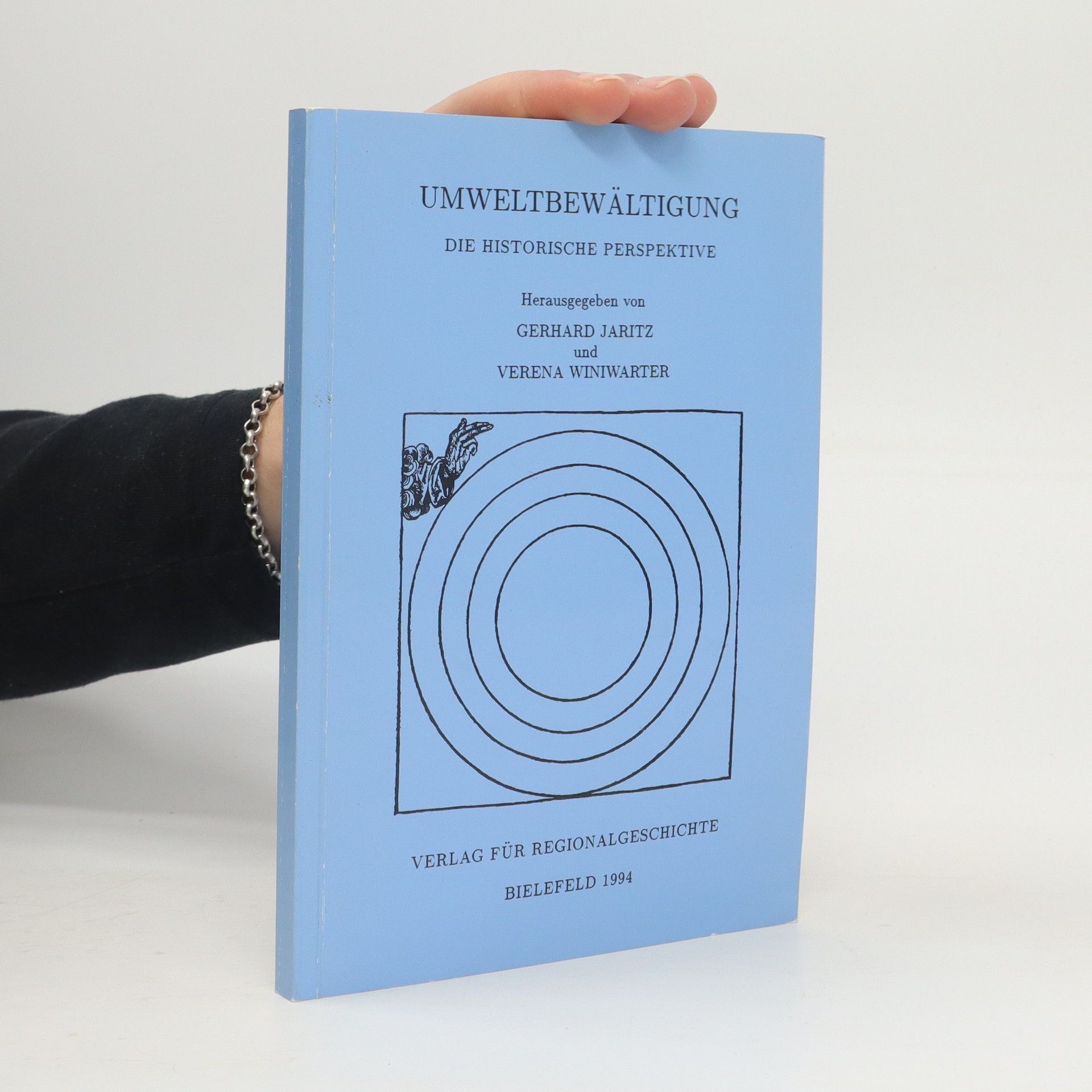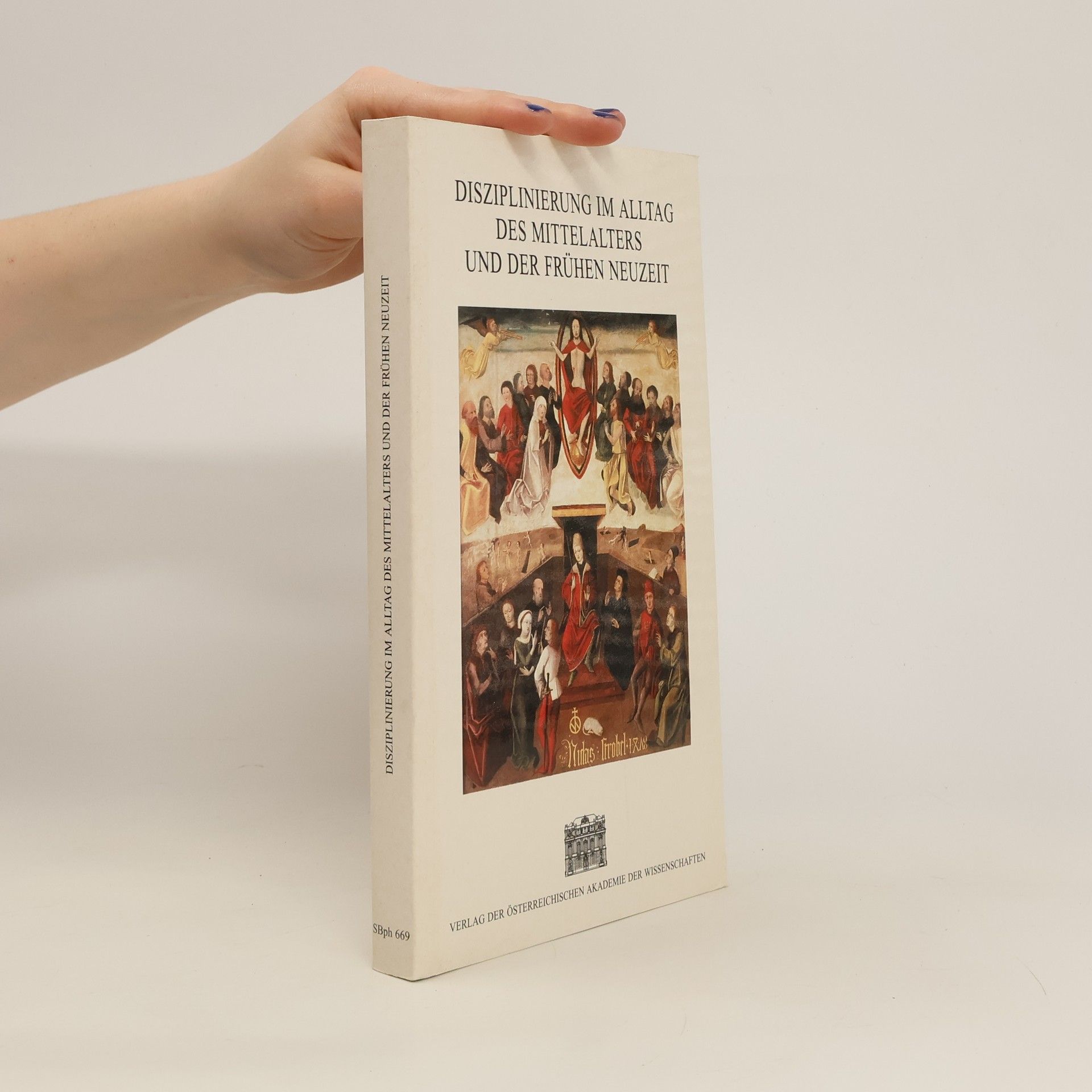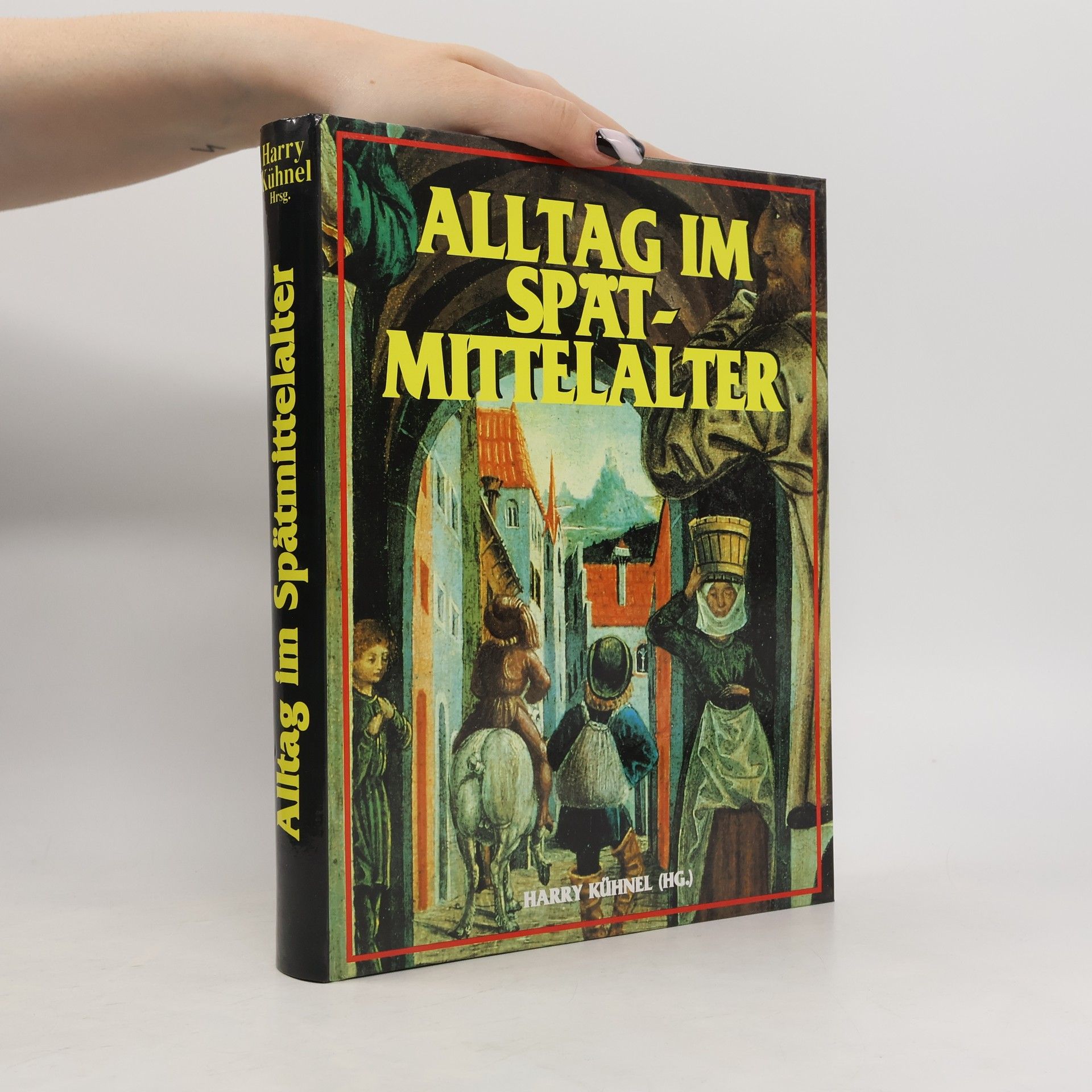Bürger, Bauer, Bettelmann - den Mönch nicht zu vergessen: Wie haben sie gelebt, wie haben sie den Alltag bewältigt?
Gerhard Jaritz Ordre des livres (chronologique)
1 janvier 1949








Bürger, Bauer, Bettelmann - den Mönch nicht zu vergessen: Wie haben sie gelebt, wie haben sie den Alltag bewältigt?